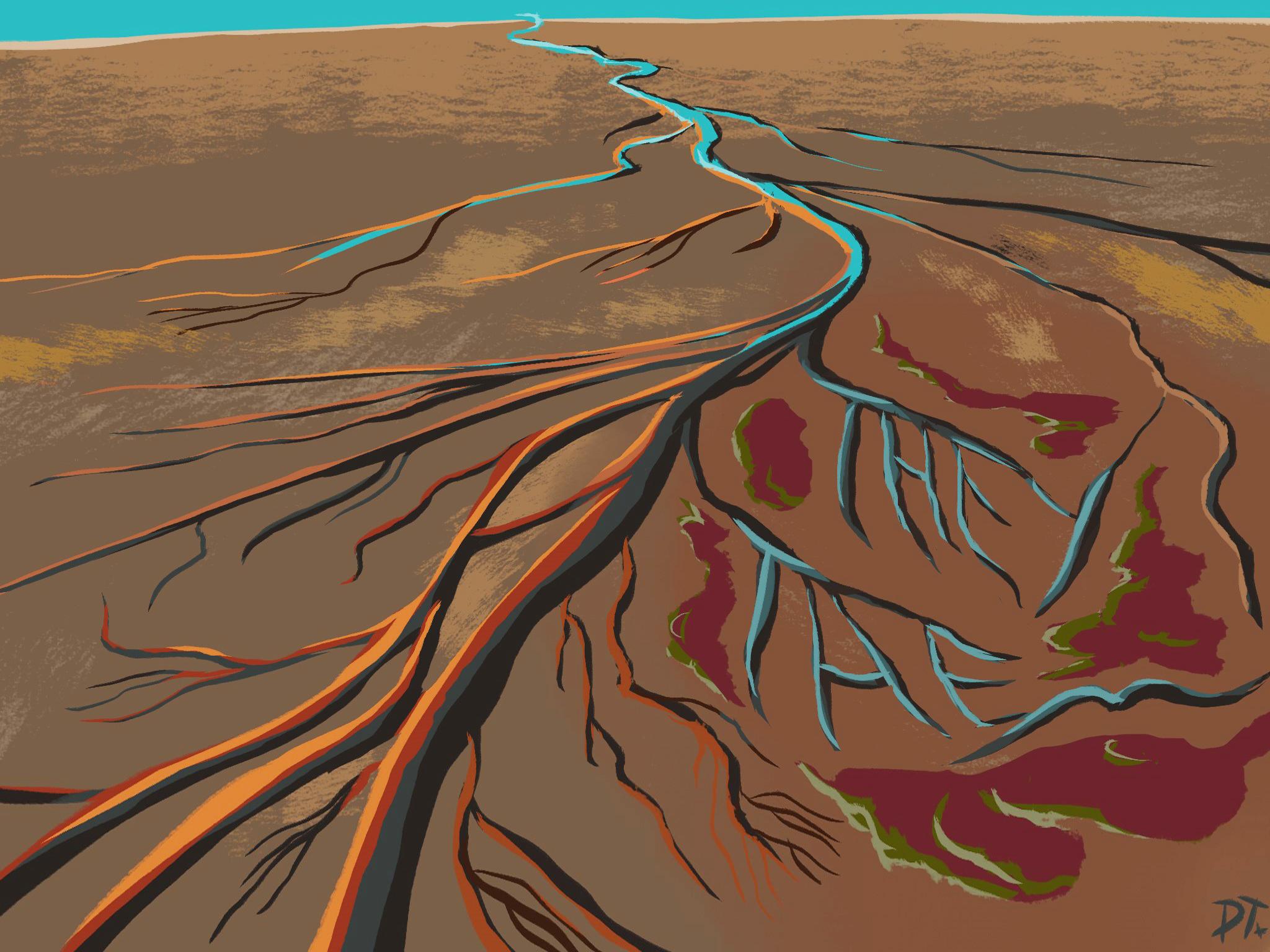In a multilingual world, gendered language is the last stronghold of binarism
Research shows that countries with gendered languages lag behind in gender equality. It’s only a matter of time before what was once deemed ‘wrong’ is accepted as ‘right’, writes Heather Martin

It was a terrific line of poetry, guaranteed to blow the teenage mind in French class. “Je est un autre.” I is another. So wrong, but also so right. The messy complexity of lived experience running up hard against the clear-cut confines of grammar. Writing in the 19th century, French poet Rimbaud was ahead of the game. Pronouns were a problem. Whitman agreed. “I contain multitudes,” declares the “Song of Myself”.
I am not (or not only) the person you see. I am not (or not merely) the person you want, or need, or require me to be.
More immediately, “I” – as first-person pronoun – am/is ungendered. And so too are “you”, the multitudinous individual I am addressing. At least in English, and other so-called “natural gender” languages. Writing in the third person, by contrast, I, the author of this article, had to work hard in that second paragraph to avoid gendering those two poets by lapsing into use of “his”, or their gender-infused first names.
Subscribe to Independent Premium to bookmark this article
Want to bookmark your favourite articles and stories to read or reference later? Start your Independent Premium subscription today.
Join our commenting forum
Join thought-provoking conversations, follow other Independent readers and see their replies